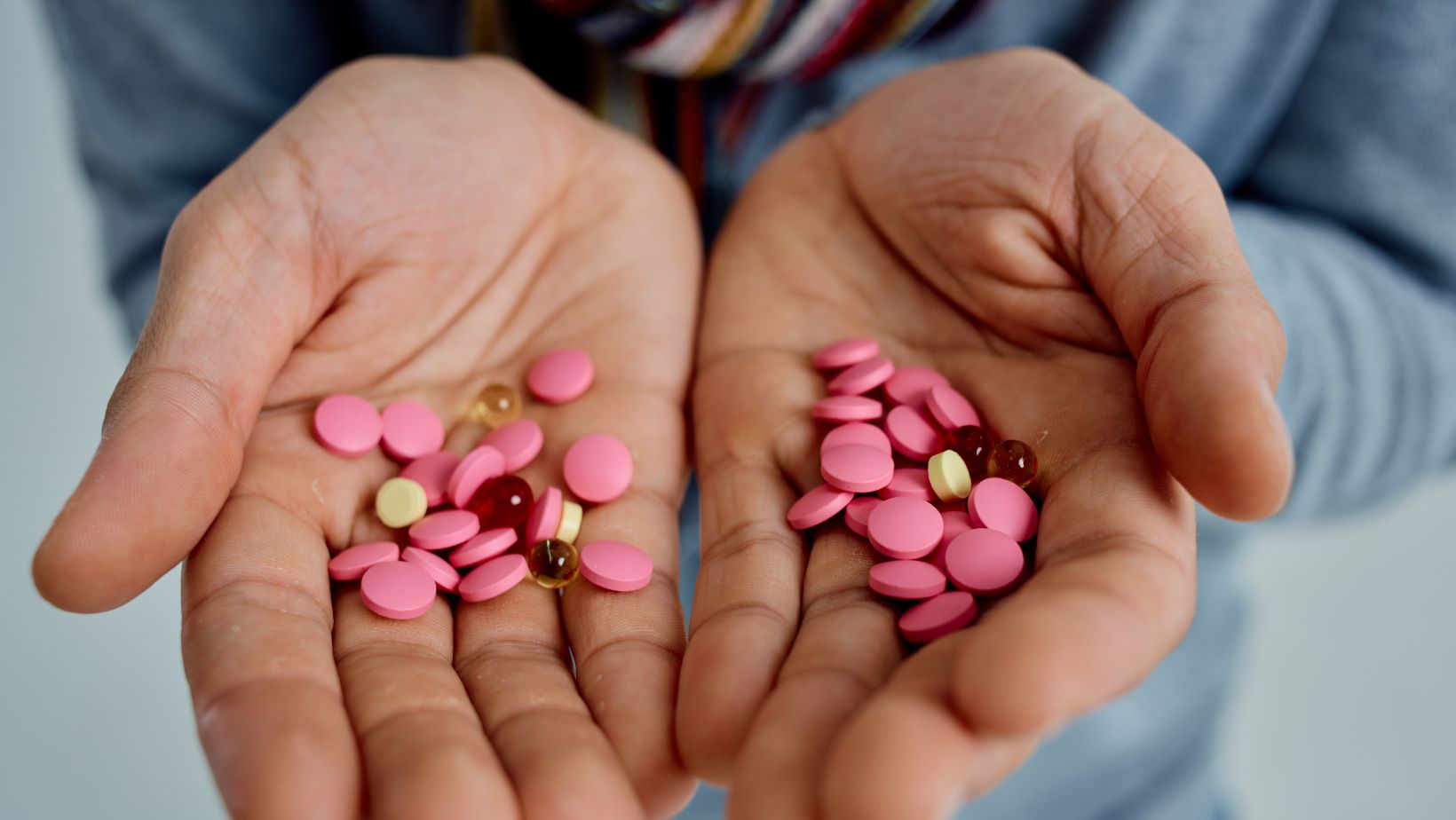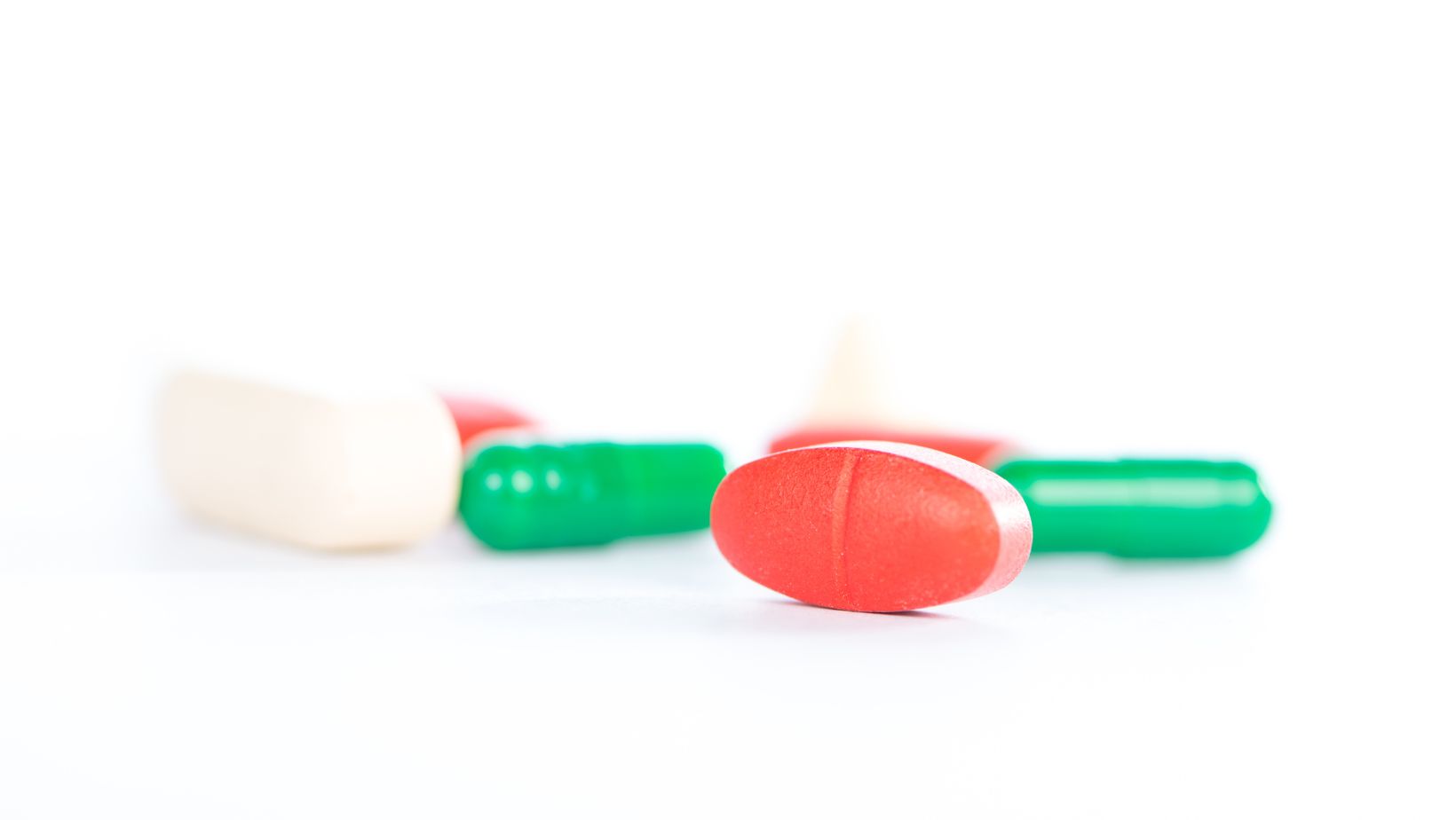
Can you take Benadryl and Nyquil together? This is a common question many people have, especially when dealing with symptoms such as allergies or a cold. Benadryl and Nyquil are over-the-counter medications that can help alleviate certain symptoms, but it’s important to understand the potential risks and interactions before taking them simultaneously.
Benadryl is an antihistamine commonly used to relieve allergy symptoms such as sneezing, itching, and watery eyes. On the other hand, Nyquil is a combination medication that typically contains antihistamines, cough suppressants, pain relievers, and sometimes even decongestants. The overlapping ingredients raise concerns about duplicating dosages or exceeding recommended limits.
Combining these two medications can increase the risk of side effects such as drowsiness, dizziness, confusion, blurred vision, and impaired coordination. These effects can be magnified if alcohol is consumed while taking either of these medications since alcohol and Nyquil have sedative properties.
Considering taking Benadryl and Nyquil together for symptom relief, it’s best to consult your healthcare provider or pharmacist beforehand. They will be able to evaluate your specific medical history and provide personalized advice based on your individual needs.
Although both Benadryl and Nyquil can individually provide temporary relief for certain symptoms like allergies or colds, combining them may not be advisable due to potential interactions and increased risk of side effects. It’s always best to seek professional guidance before mixing any medications.

Can You Take Benadryl And Nyquil
When taking medications, it’s important to be cautious and informed. Many people wonder if it is safe to take Benadryl and Nyquil together. Let’s delve into this topic and explore the potential risks and considerations.
- Understanding the ingredients: Benadryl and Nyquil are over-the-counter medications commonly used for different purposes. Benadryl contains an antihistamine called diphenhydramine, which helps relieve allergy symptoms such as sneezing, itching, and runny nose. On the other hand, Nyquil is a combination medication that typically includes ingredients like acetaminophen for pain relief, dextromethorphan as a cough suppressant, and doxylamine succinate as an antihistamine for congestion.
- Possible interactions: While both medications contain antihistamines, they may have different dosages or additional ingredients that could interact with each other. Combining them may increase the risk of side effects such as drowsiness, dizziness, blurred vision, or impaired coordination. It’s crucial to consult with a healthcare professional or pharmacist before combining these medications, especially if you have any underlying health conditions or are taking other prescription drugs.
- Individual tolerance: Each person reacts differently to medications due to various factors such as age, weight, metabolism rate, and overall health condition. What might be safe for one individual could potentially cause adverse effects in another person when combining Benadryl and Nyquil. Pay attention to your body’s response when taking any medication combination is essential.
- Alternatives and precautions: If you’re experiencing symptoms requiring multiple medications like Benadryl for allergies or Nyquil for cold relief but want to avoid potential risks from combining them directly, consider consulting your healthcare provider about alternative options or specific dosages that may suit your needs. They can provide guidance based on your medical history and suggest safer alternatives.
- Expert advice: As a talented blogger, I must emphasize the importance of seeking professional advice before combining medications. Healthcare professionals have the knowledge and expertise to evaluate potential risks and benefits based on your circumstances.
Final Thoughts
While Benadryl and Nyquil are both commonly used medications, it is crucial to exercise caution when considering taking them together. Always consult a healthcare professional or pharmacist to ensure safety and minimize potential risks or interactions. Your well-being is paramount, so make informed decisions regarding medication use.










